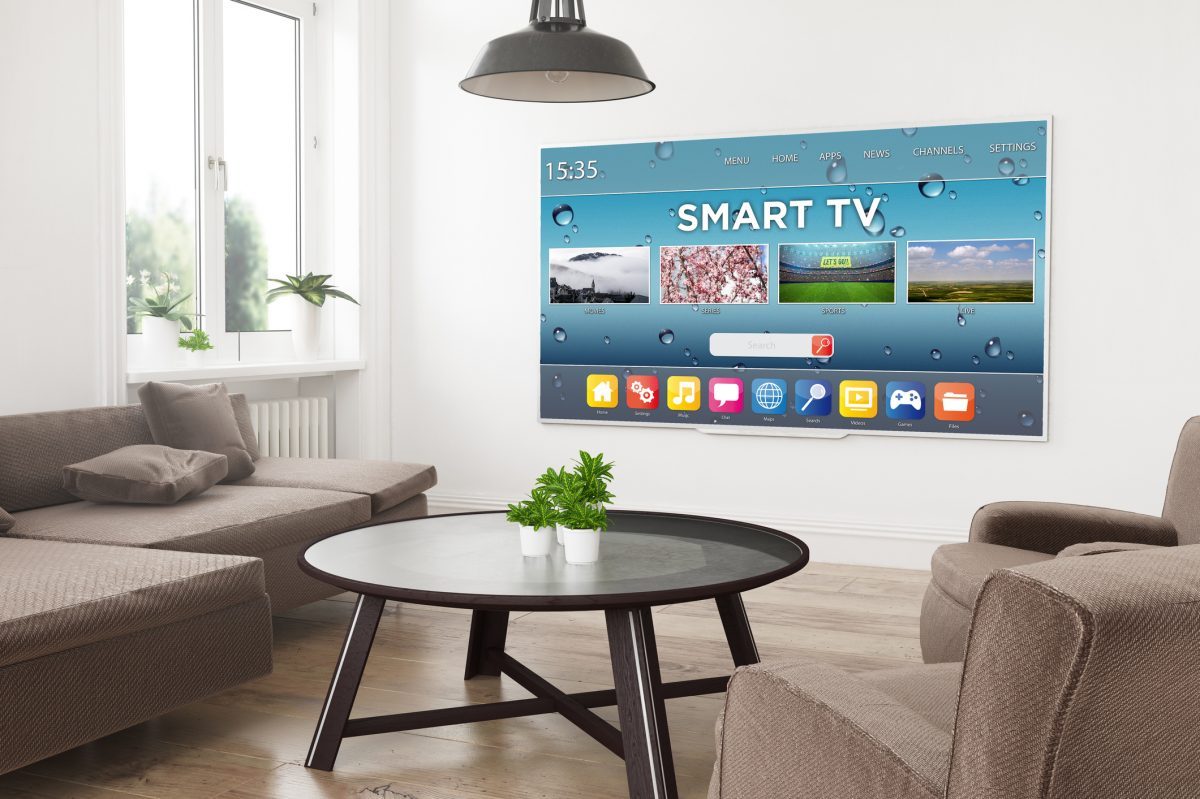As the amount of time that our children spend watching TV increases, so does the concern for how it affects their social development and academic ability. Surveys show that children are watching on average four hours of television a day, and extensive research is being made into the effects.Whilst there is currently no evidence confirming that television watching affects children`s performance in school, modern research has found that there is a positive correlation between television viewing of 10 hours per week and sustained academic results. In one study, children who viewed TV between the ages of 3 and 5 years were seen to have a marked improvement in their reading scores.
The average Samsung 32″ TV could open up new worlds for your child, taking them around the globe and revealing different cultures and way of life they may be unlikely to encounter in their own homes, schools and communities. This may improve their social skills, imagination and even intelligence. Programmes with a pro-social message and positive role models have been shown to have an encouraging effect on kids’ behaviour, and in could in later life influence them on lifestyle choices.
TV viewing has become a big part of daily family life, and often starts much earlier than other forms of media; viewing often begins before the age of 2! Toddlers and children are a huge market for the broadcasting and DVD industry, and it has become a worry that too much TV will have a negative effects. It is important to prevent TV from replacing the social interaction shared between children and their family and friends, reading, sports, playing outside and other activities. A good balance is the key to a healthy lifestyle.







